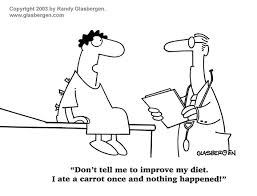
Most of us are familiar with the idea of getting help when we are unwell. When we have an infection, we seek medication. When we have an injury, we seek remedial treatment and rehabilitation. If something snaps or tears, we get it sewn up.
In the mental health arena, the model is often the same. We have a definition of mental health that essentially identifies unwellness as a level of significant emotional distress in an individual caused by an “underlying psychobiological dysfunction”. We are depressed, anxious, cycling, or even delusional, we get treatment.
However, the World Health Organization defines health in a broader sense:
Health is a state of complete physical, mental and social well-being and not merely the absence of disease or infirmity.
For people who understand this and are able to be proactive about their physical health, exercising and eating well are part of striving for a broader sense of health. We may engage ancillary health professionals like Chiropractors or Osteopaths to optimize body function so we can do more and feel even better. This activities also impact our mental health positively.
We don’t often consider the use of psychotherapy as a path to optimal health in the same way we might use a Massage Therapist. However, talking to a psychotherapist can be helpful even in people who are not “ill” according to the definition accepted by North American medicine. Sub-optimal communication styles, patterns of relating and unresolved conflict in family bonds do not necessarily indicate mental illness, and yet, they can impede so much of what might otherwise be pleasurable, forward moving or “optimal” in our every-day lives.
I spend much of my time in my practice working to bring people from a state of dis-ease to a state of normalcy. Sometimes, I am lucky enough to work with a client who can invest more in the process and start to move toward more optimal health and understanding. As someone who has, herself, invested in hundreds of hours of personal therapy, I can attest to the value of that over my own life time.
It’s something to consider when large questions loom. Instead of a muscle car or a new master bathroom, what about a year or so of therapy?